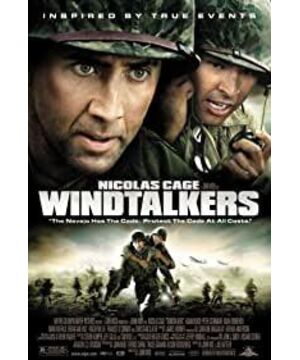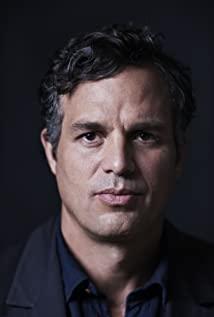The soldiers looked down on Ban and his friends because they were yellow and called them Jews with contempt. The class will correct it and say they are Navajo. After entering the enemy camp and sending a signal for help, Joe solemnly told his boss that Ben was a Navajo, which was a change. Later in another scene, a new comrade in arms saw Ban and said oh, Indians, and Ban smiled and said, yes, Indians. Race is not an issue here, because when there is no discrimination, it doesn't matter which race it is.
In small villages, American soldiers and Japanese villagers get along well, such as the Spitfire giving a little girl chocolate, and Joe giving painkillers to a little boy with a head injury. After a short period of peace, the Japanese soldiers raided. They recklessly aimed bullets at the little girl in their country. Instead, the Spitfire protected her with their bodies. The seriously injured Spitfire handed the little girl to a comrade-in-arms. The flamethrower was lit, and the flames surrounded him. Joe looked at him in pain, and had no hope of rescue, so he had to shoot hard. Here, does it mean that American soldiers are more humanitarian? Japanese soldiers did not protect the Japanese, but American soldiers protected them with their lives.
View more about Windtalkers reviews











